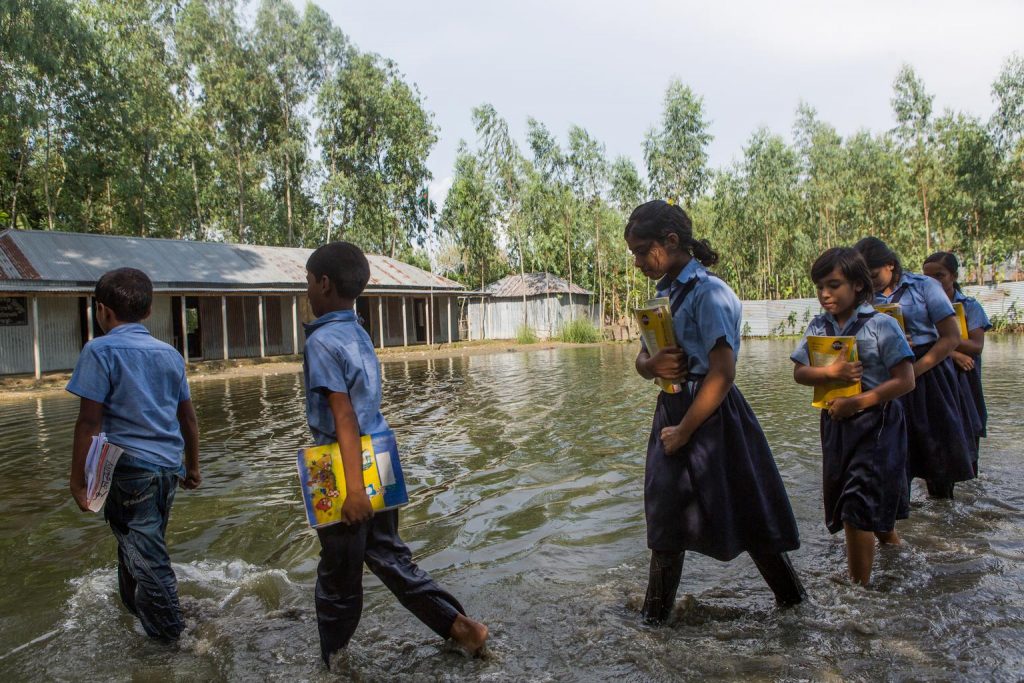The highest burden per capita of climate-sensitive diseases such as malaria, pneumonia, diarrhoeal diseases and malnutrition is found in the African region. These diseases already represent the main cause of death among children under five in Africa, 6 and climate change is expected to cause an overall net increase in the risk of such diseases.In this paper, the authors present current evidence on how climate change impacts on social and environmental determinants of health and the link between these determinants and the vulnerability of local communities.
They outline proven community-based interventions that local populations in developing countries can scale-up and take ownership of in order to strengthen their resilience to climate-sensitive diseases and conditions, including in the context of climate-induced disasters. Furthermore, this paper serves as a guide for countries to develop community-based Health Adaptation Programmes to climate change (c-HAPs).



